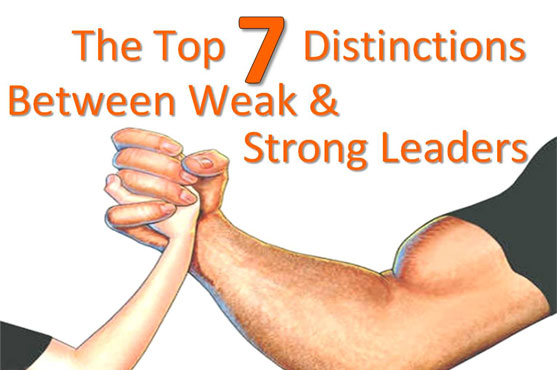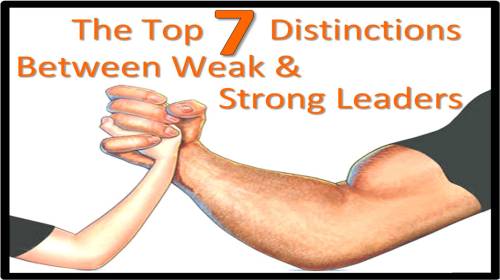Leading people is one of the most critical and challenging skills on this planet. Aside from parenthood – which has many similarities – there aren’t many competencies that universally possess equal amounts of hope and horror depending on how you wield their power.
Leadership isn’t new. Each year we spend more than $60 billion on leadership development programs, books, articles and classes to crack the code on how to successfully guide human organizations to a desired goal. More often than not, they fail. Why? Because people don’t like change. Both managers and direct reports are naturally resistant to change and leadership training is 3 times more effective at teaching knowledge than it is in changing behavior. Simply put, knowing how to effectively lead and being an effective leader are two very different things.
As I mentioned in an earlier post about learning to lead, I’ve been leading teams for the past several years and I also invest a meaningful amount of resources into honing my own abilities. Through direct and indirect experiences I’ve compiled this list of the top 7 distinctions between weak and strong leaders.
1. Weak leaders outsource their decisions. Strong leaders outsource their thinking. Good leaders are like General Managers of sports teams: they put the right guys in the right roles but take ownership of the outcome. Ineffective leaders, instead, will push partners, agencies and peers to make the tough decisions in an effort to diffuse potential failure or downgrade their accountability.
2. Weak leaders avoid confrontation. Strong leaders are comfortable with uncomfortable conversations. All results-driven leaders relentlessly guard their time, their focus and their vision. Just like the uncomfortable “no” is the only way to protect your time, the uncomfortable performance evaluation is the only way to protect your team. Strong managers aren’t heartless ogres but they are OK with facing issues head on. As GE business titan Jack Welch said, “The biggest cowards are managers who don’t let people know where they stand.”
3. Weak leaders manage by consensus. Strong leaders aren’t afraid to walk alone. Lead long enough and you’ll inevitably come across a turn in the road where you find yourself walking alone. The times when the vision is the fuzziest are the times when a leader longs for support the most. It’s easy to succumb to the desire to be popular and change course for safer seas. The only problem is, consensus is like the wind – it won’t tell you which way is True North. Jeff Bezos, Amazon CEO, recently shared his experience during Amazon’s early days. “One thing that I have learned within the first couple of years of starting the company is that inventing and pioneering requires a willingness to be misunderstood for long periods of time.” Strong leaders are sometimes lone nuts.
4. Weak leaders seek approval. Strong leaders earn respect. In the wake of the 9/11 tragedies, Former President George W. Bush achieved a 90% approval rating in 2001, the highest in the history of the poll. By 2008 it had plummeted to just 25%, one of the lowest ever recorded. Approval is a great force to have in your sails but a leader’s journey can not depend on approval alone. Respect, however, is much harder to earn, making it that much more difficult to erode away in the face of misunderstanding.
5. Weak leaders see feedback as a pain. Strong leaders see feedback as a gift. A few years ago I had lunch with a senior VP at the Dr. Pepper Snapple Group and he shared a phrase I’ve been using ever since – “feedback is a gift.” He discouraged me from becoming a “yes but.” These are the leaders who politely dismiss your perspective with the simple introductory phrase “Yes… but (insert excuse here).” “Yes… but I don’t have time to explain to you why we’re changing strategies.” Yes… but you don’t understand the big picture.” Weak leaders avoid feedback because it requires true humility to accept criticism in a helpful manner. Pride hates feedback.
6. Weak leaders focus on events and emotions. Strong leaders focus on results and relationships. The urgent will always be the enemy of the important. The valuable work that propels your team into tomorrow and truly makes an impact is always postponable because today has more than enough distractions. Weak leaders stay so mired in the day-to-day maintenance of egos, emotions and entitlement that real results become a distant mirage. Effective executives drive for results by putting relationships and resources into proper perspective and concentrate on the critical few areas where superior performance will produce outstanding results. As Peter Drucker admonished, “Do first things first and second things not at all.”
7. Weak leaders assume they’re strong and don’t ever change. Strong leaders acknowledge they’re weak and embrace change. Growth comes through resistance. Like a runner training to conquer a steep incline, as we overcome various degrees of difficulty it increases our ability to take on even greater loads in the future. The truth is this: being weak is a prerequisite for being strong. Yet the only way to stay strong is to intentionally put yourself in situations where you are required to grow. It sounds counter-intuitive but it’s the secret to how the good get better, the rich get richer and the strong get stronger. When you invest in yourself the interest always compounds in your favor.
We’re all weak in some areas but strong leaders know it’s not OK to simply dismiss your shortcomings and it’s never OK to give up. Strong leaders find a way and weak leaders find an excuse. The leadership journey is just that, a series of opportunities to better yourself by giving yourself away to people and causes bigger than yourself.
What do you think? Would love to hear your opinions on the key characteristics that you believe separate weak and strong leaders.
Source: adriandparker.com


